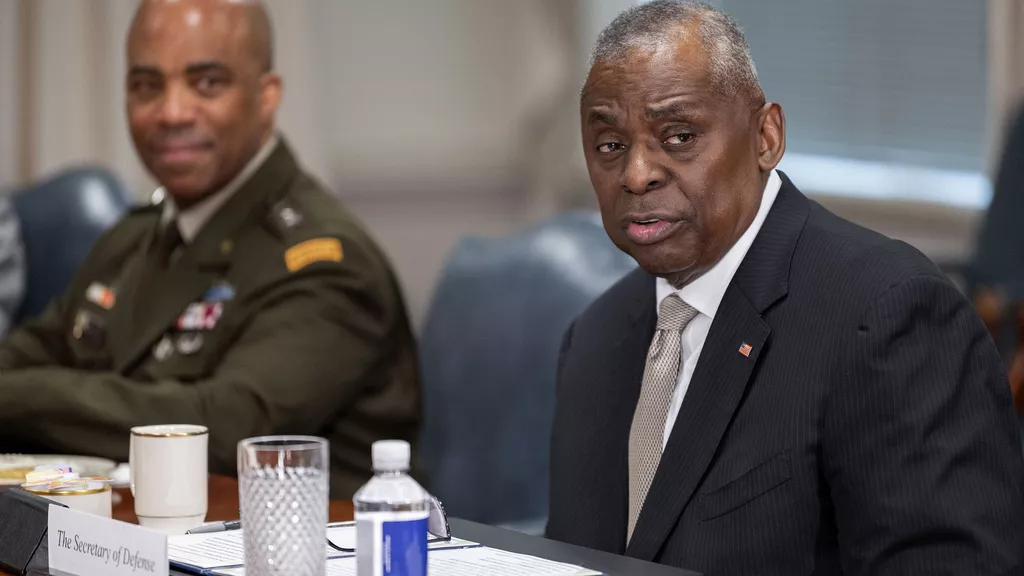US Holds onto Hope for Collaborative Partnership with Niger
The Pentagon is actively engaged in discussions with Nigerien authorities to explore options for retaining U.S. troops in the country, which serves as a pivotal base for counterterrorism efforts in sub-Saharan Africa. This initiative follows a recent directive instructing U.S. troops to depart from Niger.
Last week, a delegation comprising high-ranking U.S. officials, including Assistant Secretary of State for African Affairs Molly Phee, Assistant Secretary of Defense for International Security Affairs Celeste Wallander, and General Michael Langley, the Head of State Command – United for Africa, visited Niger to engage with members of the military junta.
Pentagon deputy press secretary Sabrina Singh disclosed on Monday that U.S. officials held extensive and direct discussions with junta representatives, motivated in part by apprehensions regarding Niger’s potential ties with Russia and Iran. Singh remarked, “We were troubled by the path Niger has taken.”
Meanwhile, White House Press Secretary Karine Jean-Pierre emphasized the United States’ vigilance in monitoring Russia’s defense activities in Niger to assess and mitigate any risks to personnel, American interests, and property.
Subsequent to the meeting, junta spokesperson Colonel-Major Amadou Abdramane asserted that U.S. flights over Nigerien territory in recent weeks had been deemed unlawful. Insa Garba Saidou, a local activist assisting Niger’s military leadership with communication, criticized U.S. efforts to compel the junta to choose between strategic partners.
Sabrina Singh acknowledged the March 16 statement announcing the termination of the status of forces agreement between Niger and the United States, stating that diplomatic channels are being utilized to seek clarification. State Department spokesperson Vedant Patel underscored that discussions were prompted by Niger’s trajectory, and efforts were underway to engage with transitional authorities for clarity on their remarks and to chart a way forward.
Since assuming control in July, the junta has exercised significant influence over Niger, culminating in the ousting of the democratically elected president by mutinous soldiers. Moreover, French forces were subsequently urged to leave the country.
As of December, the U.S. military maintained approximately 650 troops in Niger, primarily stationed at a base situated farther from Niamey, the capital. Sabrina Singh noted that the total number of personnel remaining in the country, including civilians and contractors, stood at around 1,000.
The Niger base holds strategic importance for U.S. counterterrorism operations in the Sahel, facilitating manned and unmanned surveillance activities. However, Singh clarified that drone flights are currently limited to force protection measures.
In addition to supporting local ground troops in the Sahel, the United States has scaled back accompanied missions following the deaths of American soldiers during a joint operation in Niger in 2017.



















